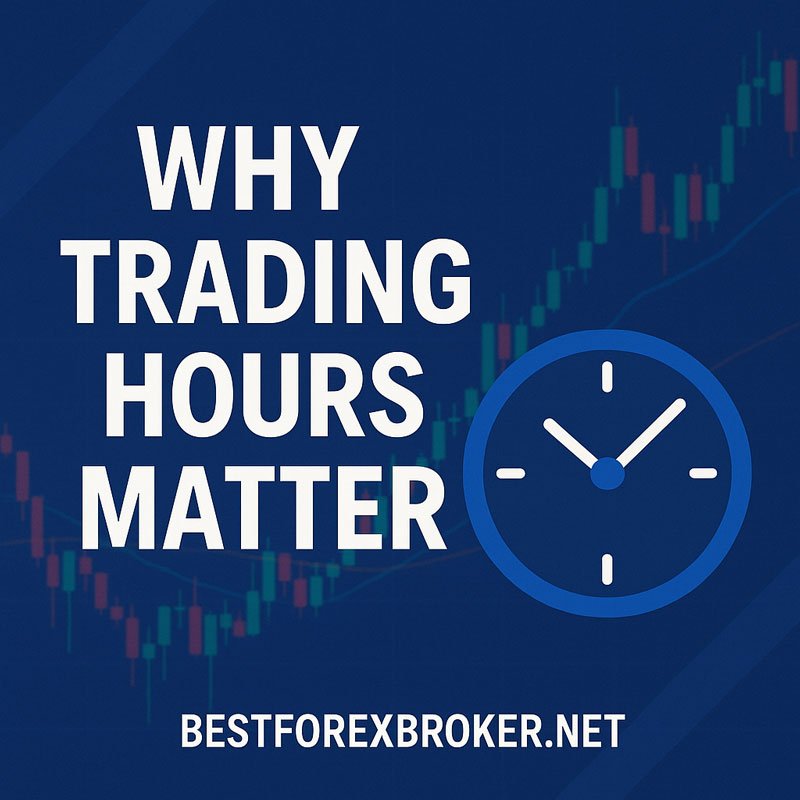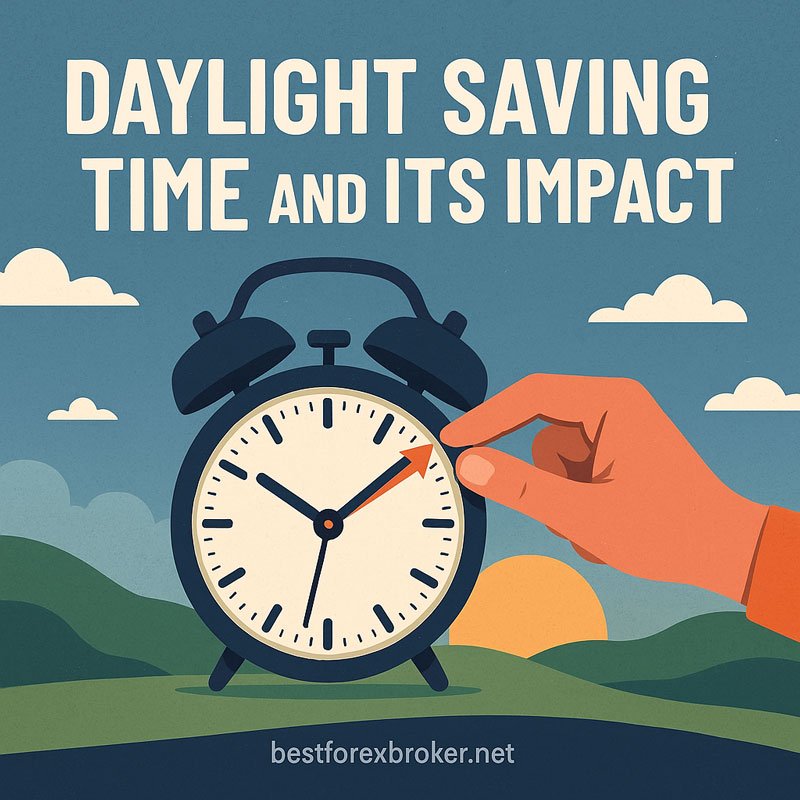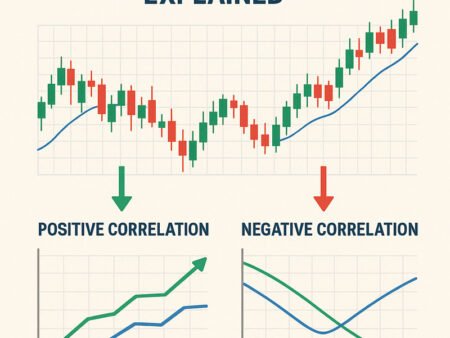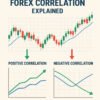The foreign exchange (forex) market is the largest and most liquid financial market in the world, operating 24 hours a day during weekdays. Unlike stock markets, which have fixed opening and closing times, the forex market moves across different global financial centers — offering traders around the clock opportunities.
However, not all hours are created equal . Understanding forex market hours is essential for maximizing profits, minimizing risks, and aligning your strategy with market activity.
✅ Key Takeaway : Knowing when major forex sessions open and close can significantly impact your trading performance.
🌐 How the Forex Market Works

Unlike centralized exchanges like the New York Stock Exchange (NYSE), the forex market is decentralized , meaning it has no single physical location or central authority. Instead, it operates through a global network of banks, institutions, brokers, and individual traders.
This decentralized nature allows forex to remain open 24 hours a day from Monday to Friday , as trading shifts between different regions.
The Four Major Forex Sessions
There are four main trading sessions that dominate the forex market:
- Sydney Session – Opens at 10 PM GMT
- Tokyo Session – Opens at midnight GMT
- London Session – Opens at 7 AM GMT
- New York Session – Opens at 12 PM GMT
Each session reflects the economic activity of its region and influences the liquidity and volatility of specific currency pairs.
⏰ Pro Tip : While the forex market is open 24/5, not all hours offer the same level of opportunity. Timing is crucial.
🕒 Forex Market Hours Explained
Here’s a detailed breakdown of each session’s typical operating hours (in GMT ):
| Sydney | 10 PM | 6 AM | |
| Tokyo | Midnight | 8 AM | |
| London | 7 AM | 3 PM | |
| New York | 12 PM | 8 PM | |
🧭 Note: These times may shift slightly due to Daylight Saving Time (DST) changes in certain countries.
Overlapping Sessions = Increased Volatility
One of the most dynamic periods in forex trading occurs when two major sessions overlap. The most notable overlaps include:
- Tokyo and London (2 AM – 7 AM GMT)
- London and New York (12 PM – 3 PM GMT)
During these overlaps, trading volume increases dramatically, leading to higher liquidity and more pronounced price movements — ideal conditions for active traders.
🔥 Highlight : The London-New York overlap is considered the best time to trade forex due to high volatility and tight spreads.
📊 Why Trading Hours Matter

Timing plays a critical role in forex trading success. Here’s why understanding forex market hours is so important:
Liquidity Varies by Session
Some currency pairs trade more actively during specific sessions. For example:
- EUR/USD sees the most movement during the London and New York sessions .
- AUD/USD is most liquid during the Sydney and Tokyo sessions .
Volatility Peaks During Overlaps
When two major sessions are open simultaneously, the number of buyers and sellers increases, often resulting in sharp price swings. This is especially true around major news releases.
Trading Strategy Alignment
Your trading style should match the market conditions. For instance:
- Scalpers prefer high volatility during overlaps.
- Swing traders may focus on the London session for consistent trends.
- News traders target the New York session for U.S. data releases.
🎯 Important : Align your trading strategy with the right session to improve your chances of success.
Read me: Forex Basics for Beginners
📅 Trading During Different Sessions
Let’s dive deeper into what happens during each session and how you can make the most of them.
🇦🇺 Sydney Session (10 PM – 6 AM GMT)
- Covers Australia and parts of Asia.
- Typically quieter and less volatile.
- Best for trading AUD/USD, NZD/USD.
🇯🇵 Tokyo Session (Midnight – 8 AM GMT)
- Key hub for Asian currencies.
- Moderate volatility.
- Popular pairs: USD/JPY, AUD/JPY.
🇬🇧 London Session (7 AM – 3 PM GMT)
- Most active session globally.
- High liquidity and volatility.
- Ideal for EUR/USD, GBP/USD, and other majors.
🇺🇸 New York Session (12 PM – 8 PM GMT)
- Influenced by U.S. economic data.
- Often sees strong momentum.
- Favored by scalpers and day traders.
🔄 Overlap Magic : The London and New York overlap (12 PM – 3 PM GMT) offers the highest liquidity and best trading opportunities.
🌞 Daylight Saving Time and Its Impact

Many countries observe Daylight Saving Time (DST) , which affects local trading hours and thus the forex market schedule.
For example:
- The U.S. switches to DST on the second Sunday in March and reverts back on the first Sunday in November.
- The UK changes clocks on the last Sunday in March and October .
These adjustments cause slight shifts in session timings, so it’s vital to stay updated using reliable tools.
🛠️ Tool Recommendation : Use a real-time forex market clock or calendar app to track live session changes.
🛠️ Tools and Resources
To keep track of forex market hours and optimize your trading schedule, consider using the following tools:
- Forex Market Clocks : Websites like ForexFactory or DailyFX provide real-time session trackers.
- Economic Calendars : Help anticipate high-impact news events.
- Broker Platforms : Many platforms display session indicators directly on charts.
- Mobile Apps : Apps like Forex Market Hours or TradingView offer alerts and notifications.
🧩 Tip : Combine a forex market clock with an economic calendar for optimal timing.
❗ Common Mistakes to Avoid
Even experienced traders can fall into traps related to forex market hours. Here are some common mistakes to avoid:
- Trading outside your natural rhythm leads to fatigue and poor decisions.
- Expecting constant volatility can result in overtrading during slow hours.
- Ignoring session characteristics may lead to mismatched strategies.
⚠️ Warning : Don’t force trades just because the market is open — wait for favorable conditions.
🧠 Tips for Finding Your Ideal Trading Time
Finding the right time to trade is personal and depends on your lifestyle, goals, and strategy. Here’s how to find your sweet spot:
- Align with Your Schedule : Choose a session that fits your availability.
- Test Strategies Across Sessions : Backtest your approach in different market conditions.
- Keep a Trading Journal : Track your performance by session to identify patterns.
- Stay Informed : Follow economic calendars and adjust for DST.
📅 Best Practice : Focus on overlapping sessions if you’re a day trader; aim for the London session if you prefer trend-following strategies.
📝 Conclusion
Understanding forex market hours is one of the foundational skills every trader must master. By knowing when major sessions open and close, you can better plan your trades, manage risk, and improve your overall profitability.
Whether you’re a beginner or an experienced trader, timing your entries and exits according to the forex market hours will help you trade smarter, not harder.
✅ Final Tip : Always combine your knowledge of market hours with sound technical and fundamental analysis.
📲 Final Thoughts
Mastering forex market hours is not just about knowing when the market opens — it’s about strategically planning your trades around the most favorable conditions. Whether you’re a night owl or an early bird, there’s a perfect session for you.
Now that you understand the importance of timing in forex, you’re ready to take your trading to the next level.
❓ Frequently Asked Questions (FAQ)
What are the forex market hours?
The forex market is open 24 hours a day from Monday to Friday, divided into four major sessions: Sydney, Tokyo, London, and New York.
When is the best time to trade forex?
The best time is during the overlap of the London and New York sessions , typically between 12 PM – 3 PM GMT, where volatility and liquidity peak.
Does the forex market close on weekends?
Yes, the forex market closes on Saturdays at 5 PM EST and reopens on Sundays at 5 PM EST .
How does Daylight Saving Time affect forex hours?
DST causes minor shifts in session start and end times in countries like the U.S. and UK. Always verify current session times using a forex market clock.
Can I trade all currency pairs anytime?
While you can technically trade any pair at any time, certain pairs like EUR/USD and GBP/USD are most active during the London session , while AUD/USD is more liquid during the Sydney session .












